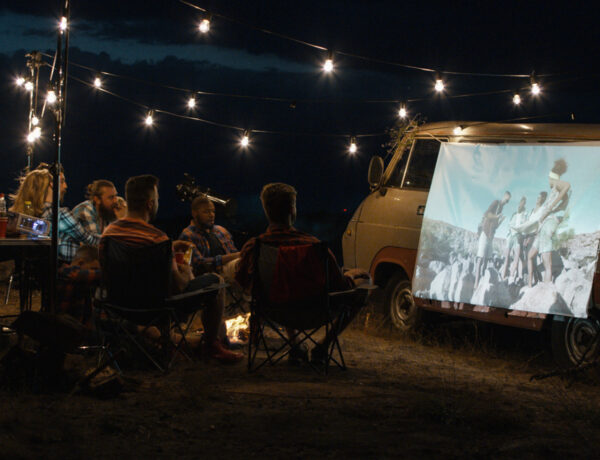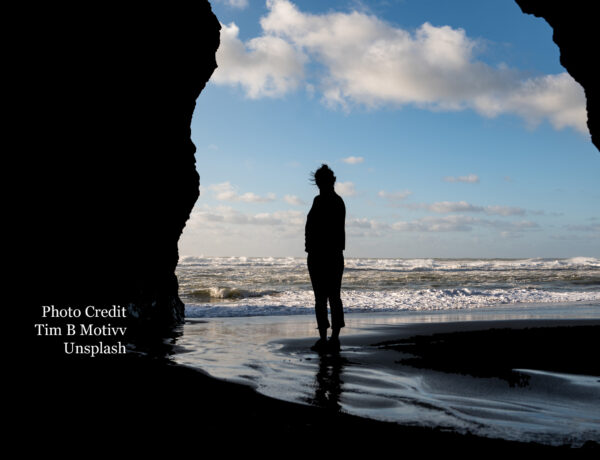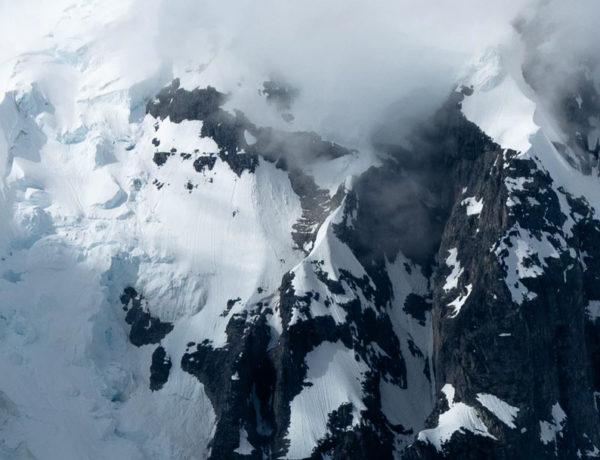Originally published June 21, 2015
Years ago I was approached by the pastor of the church I was attending. Since I was a speaker and teacher within the church, he thought it would be easy for me to “throw something together” for the Father’s Day service. I was given less than 12 hours to contribute an original piece of inspiration. Me? For Father’s Day? Provide inspiration for a national observance that caused me nothing but annoyance each year as I sought a card that was—well—appropriate? What could I possibly come up with that would not appear insincere or flippant? I arrived at this poem. Not my best work by far, but suitable for the purpose intended.
What does God require of thee,
O man that gave my life to me?
Where in His book has he described
The rules by which you should abide?
It seems that every verse I read
Establishes the need
For me to take a major role
In fatherhood’s end goal.
Oh Lord, I pray I’ll learn to see
My father by Your light to be
Not great or small, but just as one,
For whom you gave Your only Son.
Father’s Day, 1992
I believe that this bit of fluff did, in many ways, crystalize where I was at the moment. A place in my life when I was more and more convinced that my future, my destiny, belonged in my own hands and was not, completely, predetermined by my past.
Without providing details, let it suffice to say that “fatherhood,” in my mind, had little to do with nurturing and much to do with things not always discussed in public. (Insert apology to Mother). It did, however, cause a great deal of thought about roles, what is or is not acceptable behavior, and how much one should expect in the way of protection from persons at varying degrees of separation. And what one should do about one’s own interpretation of the cards dealt in life.
I know that is all somewhat vague, but until I was around the age of 30, my mind wandered into a number of areas on a tentative basis, trying (sometimes desperately) to grasp a sense of stability. A sense of goal. A sense of control over my own destiny. It seemed to me that there were not many souls around me that were driven in that direction. People did not think of “destiny” as I did—they seemed to drift along the course life took, given their circumstances, with little direct thought of taking the wheel themselves. Perhaps they were happy, or at least complacent, with the road they were on. I, however, was not.
From a relatively early age I was determined to find answers to why, where, and how I had ended up in the specific role the universe had left me in, and if there was anything I could do about it. I recall a number of “moments of clarity” as early as grade school. Doing something about these accumulated insights took many years. Years of making micro-decisions regarding my outward behavior and inner interpretations until one day, around 30, I reached out and grabbed hold of the wheel that would guide my future. I’m afraid I did not take a very direct route to wherever it is I thought I was going, but at least I was motivated to try. Fighting the residue of that dark and “troubled” childhood took a great deal of effort.
Each individual is really a sum total not only of what they experience in life, but also what they choose to extract from that experience. The old question of nurture vs. nature. That seems obvious, I know, but I don’t see many actively, persistently dealing with that interpretation. It is far too easy for us to say, “he had a troubled childhood,” “she didn’t have the advantages necessary to overcome _____,” and several other platitudes and clichés we use on a daily basis. You see it in the media every time there is a violent crime, a tragic “accident,” a moment of lost control. Or, we separate ourselves completely and resort to various forms of “us” and “them” to explain why someone could be as utterly uncouth as to _____.
And that is where we will remain until we stand up and say, “no more.” It is an individual decision and it is made no matter what the societal, economic or religious pressures are to the contrary. It is rare enough that when it is done vocally, publically, we demonize or glorify the individual daring to stand up against the tide of human perception.
I am convinced, however, that there are millions of individuals who, each and every day, make decisions that place them in the driver’s seat. People who step up to protect the less fortunate, care for those uncared for, champion those with no other protector. Quietly, persistently, and with no thought of recognition. These people are my heroes. They are the “nurturers” I seek.
I am sincerely grateful that there are fathers in the world that are looked up to and thought of as genuine guides to the development of their offspring. Men who look to that responsibility as a sacred trust and who do all they can to allow that spirit entrusted to their care to develop to his or her highest and best potential. For the rest of us? Don’t allow the circumstance of your birth to infect your view of the universe around you—make it a tool to give you clarity, honesty, and a deeper sense of the needs not always seen by others. Be the quiet voice that says, “no more.”




No Comments